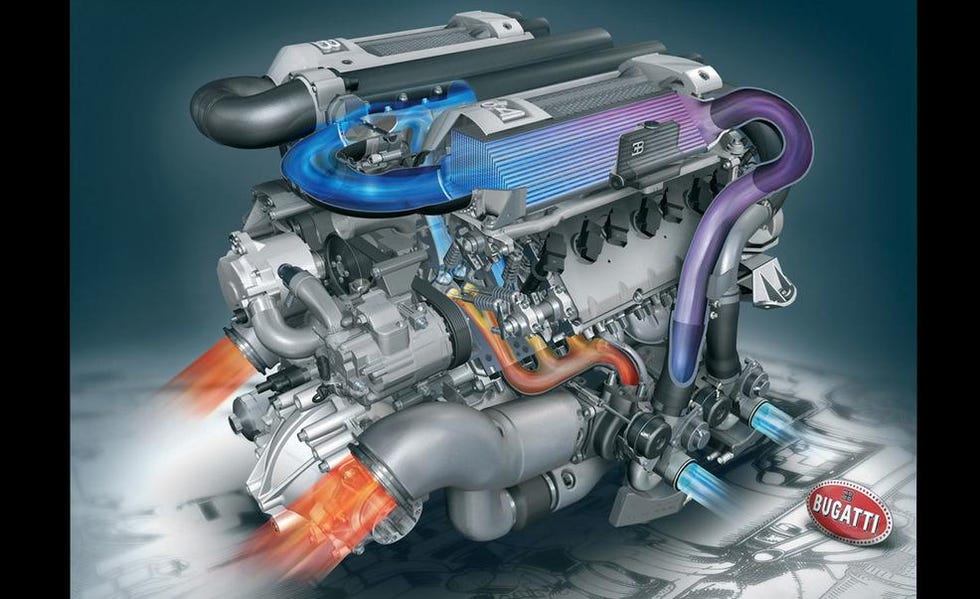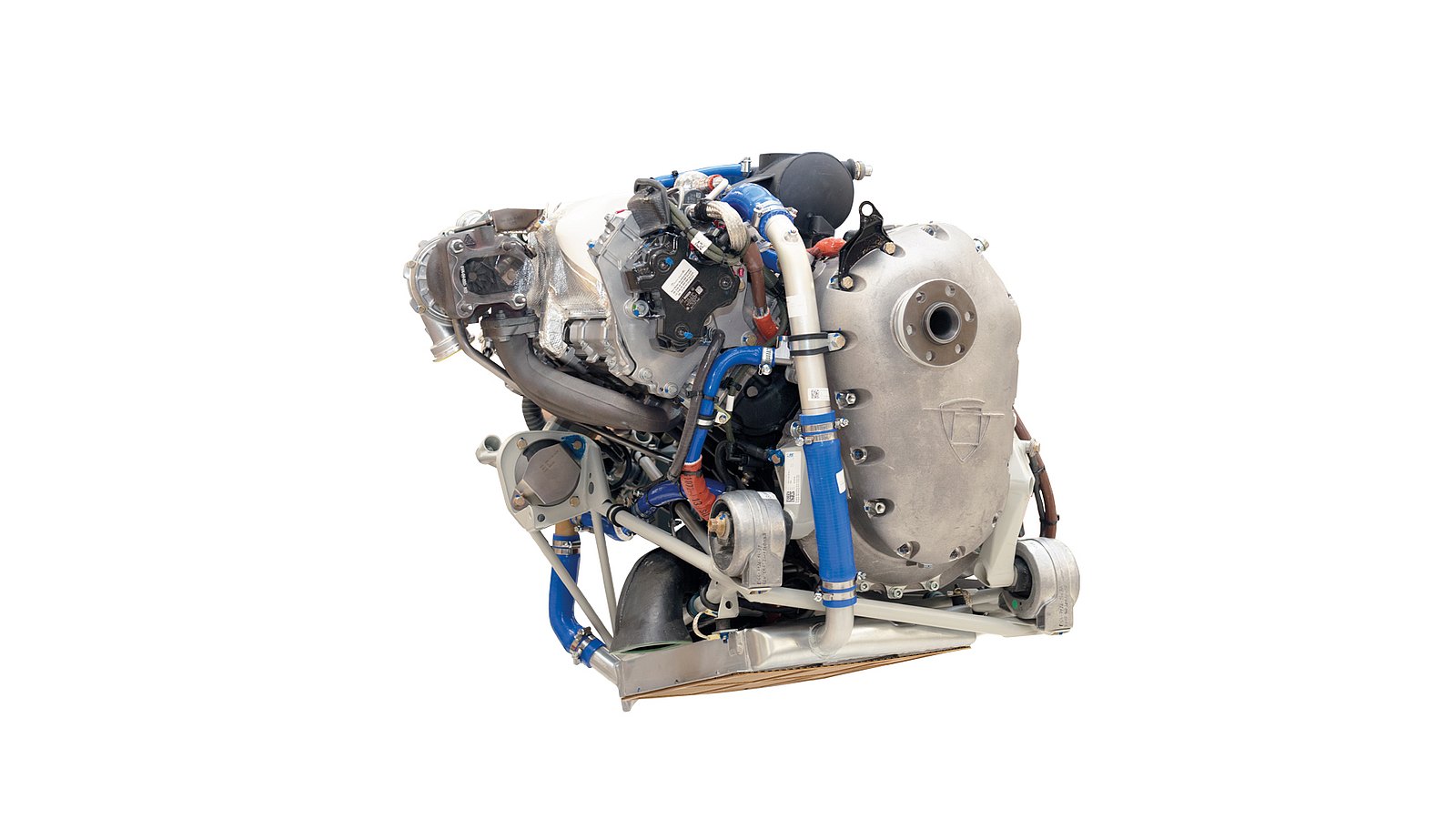A Complete Guide to Picking the Right Engine for Your Job
Selecting the appropriate engine for your job is an important decision that can dramatically affect its overall success. It is vital to meticulously specify your project requires, review efficiency demands, and think about user-friendliness alongside various other necessary aspects. Furthermore, comprehending the community support readily available and scrutinizing price implications can better fine-tune your selection. Each of these aspects plays a pivotal role in making certain that your selected engine not just fulfills instant goals however likewise straightens with lasting aspirations. As we explore these considerations, you may discover that the subtleties of each aspect reveal greater than originally prepared for.
Define Your Task Demands
Defining your task needs is a crucial action in picking the proper engine for effective implementation. A detailed understanding of your job's goals will certainly guide you in recognizing the attributes and abilities called for from an engine. Begin by detailing the range of your job, including the wanted capability, target audience, and the details results you aim to accomplish.
Following, take into consideration the technical needs that align with your project goals. This consists of assessing the compatibility of the engine with existing systems, along with the programming languages and frameworks that will certainly be used. Furthermore, analyze the level of scalability required to accommodate future growth or adjustments sought after.
Budget constraints likewise play an important role in specifying your job requires. Develop a clear monetary framework to guide your decision-making process, making sure that the engine picked fits within your budget while giving the essential performance.
Evaluate Efficiency Needs

Next, take into consideration the scalability of the engine. Examine whether it can deal with boosted work as your task expands. Engines that sustain straight scaling are usually better for larger applications. Furthermore, assess the engine's efficiency under different problems, such as peak use circumstances, to ensure it fulfills your reliability criteria.
Consider Simplicity of Usage
While technological specifications are crucial, the simplicity of use of an engine can substantially affect the growth procedure and general project success. An intuitive user interface, clear paperwork, and streamlined operations can considerably decrease the understanding curve for programmers, allowing them to focus on imagination and problem-solving rather than facing complex tools.
When evaluating an engine's simplicity of usage, consider the onboarding experience. A well-structured intro, total with tutorials and sample jobs, can facilitate a smoother change for brand-new customers. Furthermore, the clearness and comprehensiveness of the engine's documentation play a crucial role; thorough guides and API recommendations can encourage developers to repair and execute functions effectively.
An additional facet to take into consideration is the engine's personalization capabilities. An engine that enables for simple alterations can be much more straightforward, as programmers can customize it to fit their particular requirements without extensive hassle. Last but not least, examine the process combination with platforms and tools you already use. A cohesive community can enhance performance and lower rubbing during the development procedure. Inevitably, picking an engine that prioritizes simplicity of usage can lead to a much more effective and satisfying development experience.
Assess Community and Assistance
The stamina of an engine's community and assistance network can significantly influence a developer's experience and success. A vivid neighborhood commonly suggests a wide range of shared expertise, resources, and repairing support that can improve your task's development process. When assessing an engine, think about the dimension and activity degree of its community. Bigger neighborhoods usually use extra online forums, tutorials, and third-party plugins, making it possible for designers to locate solutions much more successfully.
Moreover, examine the schedule of main assistance channels. Reliable documentation, responsive consumer support, and routine updates are important for dealing with technological issues and maintaining your task on the right track. Engines For Africa. Energetic areas likewise cultivate cooperation, supplying opportunities for networking and feedback, which can be invaluable, especially for small groups or independent programmers
Additionally, investigate the visibility of community-run events, such as meetups or hackathons. These events can improve your understanding of the engine while connecting you with seasoned more individuals and prospective collaborators. In summary, a durable community and support group not only simplify advancement however also create an environment helpful to discovering and development, eventually improving the chance of your job's success.
Compare Expense and Licensing Choices
Spending plan considerations play an essential role in selecting the ideal engine for your task, as the cost and licensing options can dramatically affect both temporary expenses and lasting feasibility. Engines For Africa. Different engines use varying prices frameworks, which can include one-time purchase fees, subscription versions, or revenue-sharing arrangements based upon your job's earnings

Licensing options additionally vary considerably. Some engines are open-source, using versatility and community-driven support, while others may need proprietary licenses that limit use and distribution. Recognizing the effects of each licensing design is crucial, as it impacts ownership legal rights, future scalability, and prospective legal commitments.
Final Thought
To conclude, selecting the proper engine for a project demands a complete assessment of specified project requirements, efficiency requirements, ease of use, area support, and cost factors to consider. By methodically dealing with these important elements, decision-makers can ensure alignment with both current and future project needs. An educated option inevitably improves the probability of job success, enabling efficient resource allowance and making best use of prospective results within the specified budgetary constraints.
Choosing the ideal engine for your job is an essential choice that can substantially impact its general success.Specifying your job requires is an important action in picking the appropriate engine for successful application. An extensive understanding of your task's purposes will guide you in recognizing the abilities and features needed from an engine.As soon as you go to my blog have a clear understanding of your job requires, the next step is to evaluate the performance needs of webpage the engine.In verdict, selecting the proper engine for a job demands a thorough analysis of specified job requirements, performance demands, ease of usage, area assistance, and cost considerations.